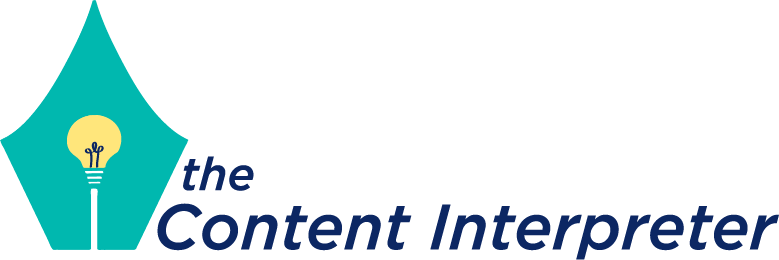As we approach the end of another year, I’m feeling reflective. I feel enormous pride and satisfaction for the work that each of my clients has done – and gratitude for allowing me to take part. Last December, the Content Interpreter officially launched. The goal was simple: empowering individuals and professionals to gain mastery of their stories and deliver them with passion and conviction.
What happened over the next twelve months was beyond my expectations. I am humbled by the influence these anecdotes had over my clients and over me. I was excited whenever we came to that single insight that made them so much richer. I was gratified when I saw the video clips that captured speakers enjoying the storytelling experience even more than I had thought.
The last year has been filled with illuminating conversations, some laughs, and even some struggles to find just the right turn of phrase. But it’s all part of the process. From architecture to Wall Street, from the professional to the personal, you allowed me into your stories. Some businesses launched, and some celebrated milestones of longevity. Some professionals focused on their origin stories, while some focused on what’s next. Some people were expanding skill sets, and some were honoring family members.
Thank you for letting me play a small part in elevating the events that make such an impact on you. They certainly have made an impact on me. I cannot wait to see which will unfold and which will be retold in the next year.





